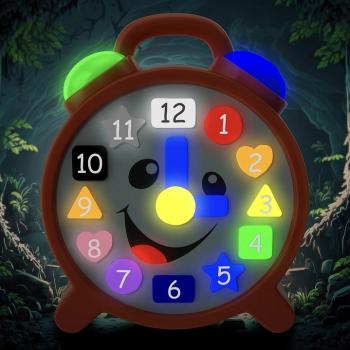On the day this column is published, a woman named Sue will make a decision that will affect the rest of her life. To be more precise, she will reaffirm a decision that she has already made 6,574 times: to spend the day married to me. On this day, she and I will celebrate eighteen years of marriage.
In days like these when fewer people choose to marry, and when the ideas of what marrying means are changing, one of the key questions is this: what on earth are people like us doing, exactly?
At the most basic level, we're choosing to live together rather than apart. We're choosing to be roommates who share books, furniture, household appliances, pets, a mortgage, and occasionally clothing.
On a deeper level, we're choosing to make life plans with each other. Together we decide on where to live, what jobs to take, where to spend our vacations, whom to spend holidays with, how to allocate our money, how to plan for the future.
On a still deeper level, we're choosing to be friends. Aristotle suggested that friendships fall into three categories: pleasure, utility, and virtue, and that only the friendship of virtue is the real deal. To be friends means more than just having good times together (though we do); in fact, one of the promises we made at the beginning was to stay friends "in good times and in bad, in sickness and in health, for richer or for poorer." It's great when we have good times—and we have plenty—but in some ways it's even more important that we stick together when times aren't good at all. Her friendship has meant the world to me when I've faced problems at work; my friendship has sustained her in times of health issues.
Similarly, our friendship means more than being useful to each other. The roommate stuff and the life planning stuff is important, but at some point all that becomes rather insignificant in the face of that third category that Aristotle talks about. To be a "friend of virtue" is to seek goodness together, and that's the key. I don't look to her to make me happy, nor does she look to me. Together we look toward ideals, toward acting in the hope that life together is better than life apart.
My friendship with her is the most unique I've experienced, and I think it has a lot to do with the fact that the way she lives in the world is so radically different from mine. Aristotle's teacher Plato wrote in his book Symposium about the myth of the androgyne, the male-female creature who was split into two halves and who yearns to reunite with the other half. Our friendship is a marriage of two people radically unlike each other and who find beauty in the gaze of each other. There's something about looking at the world through her eyes that enhances my own living in it.
To be friends of virtue is in itself beautiful, but there is a still deeper level that continues to unfold as we grow older. We are not children any more, and so the passion that drove us in our early lives has yielded to the daily practices of building and sustaining a life with children, parents, communities, jobs, and other responsibilities. We fell in love with each other, a love that was consuming and delicious in its consummation. But no less intense is the feeling of radical security we have built together: the knowledge that through all things we can count on each other, and not feel a need to compete or fear loneliness. From that foundation has grown great beauty, most specifically, the challenges of negotiating the pain of infertility and the rigors of adoption. I wrote my book Longing to Love because I continue to be amazed at how love emerges even in ways I can't explain or understand. It's the most profound way that I, even as an academic theologian, understand the reality of God.
The deepest level of our marriage is the place where we can find each other in times of silence, in times of suffering, even in times of great busyness and activity; the place where we are surprised by love, where the words of Jesus "let no one separate what God has joined" make the most sense to us. For in that place, which I dare call "holy" in the sense of "set apart, mysterious," we find that even though it is we who promise each other in marriage, there is really something greater at work. I find it more appropriate to say "someone" greater, not out of false piety but out of practical reality: things don't elicit love from me, nor can I take comfort in being loved by a thing or idea. To be surprised by love is to encounter a person, and when I read the spiritual and mystical texts of the Christian tradition I resonate with the ways that they name the person "God."
The anniversary card Sue gave me this year has a quotation by Antoine de Saint-Exupéry that has meant much to us over the years: "Love does not consist in gazing at each other, but in looking outward together in the same direction." It's a sentiment that helps me understand why the Church came to see marriage as a sacrament, for it points to a God whose love is a constant refreshment of the daily life that has sustained our marriage over the years.
5/30/2011 4:00:00 AM





